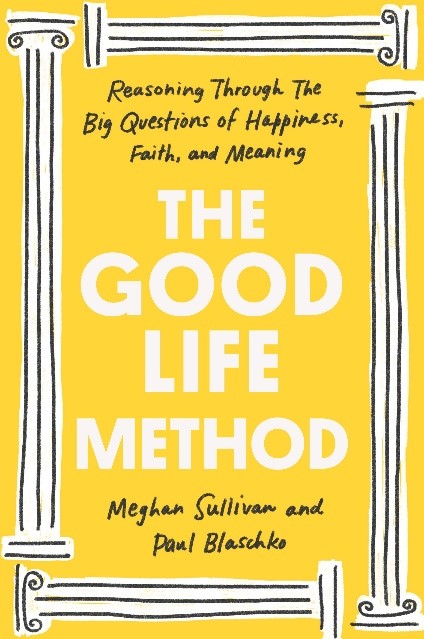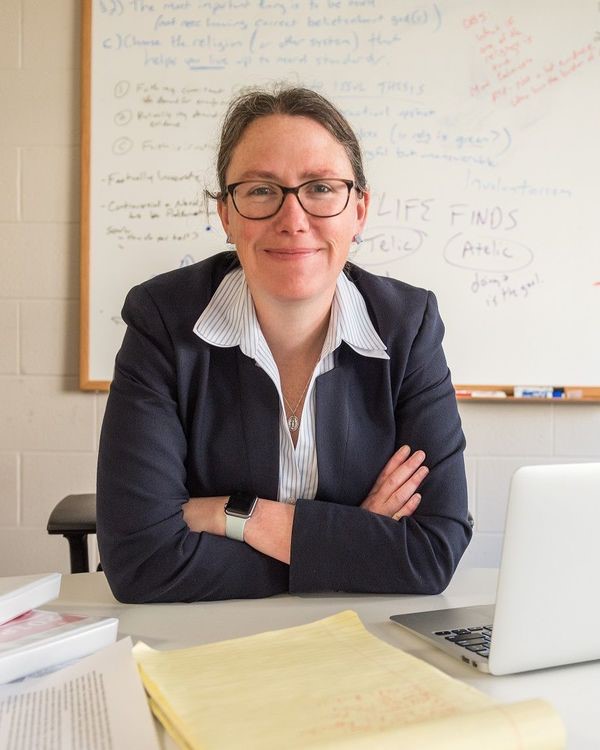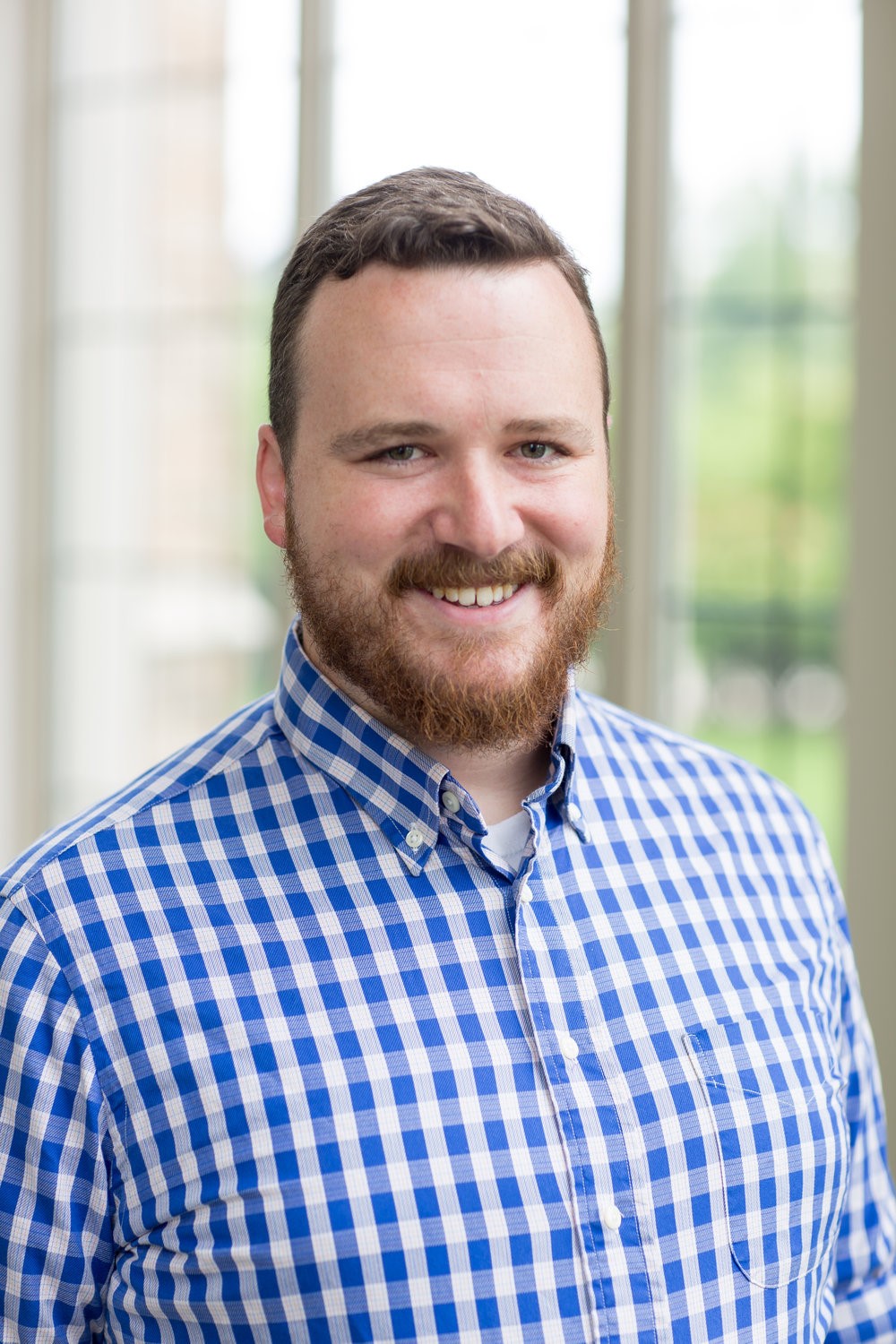
THE GOOD LIFE METHOD: Reasoning through the Big Questions of Happiness, Faith and Meaning by Meghan Sullivan and Paul Blaschko
美好生活方法論
內容介紹
完整實作、結合社會研究及專題討論,是美國新常春藤名校聖母大學(University of Notre Dame)最受歡迎的一堂課!該課獲得機構推廣金八十萬美元,將成為全美大學哲學課設計的參照典範!
本書源自於廣受歡迎的大學哲學課程,兩名作者梅根·沙利文(Meghan Sullivan)及保羅·布拉什科(Paul Blaschko)在聖母大學高級研究所開設人生哲學課程。課程主題是《上帝與美好生活》,兩位學者深入探討如何發展出有信念及意義的生活。
當講到人生的大課題,你如何選擇相信什麼?
你所相信的,能夠指引你完成你的使命嗎?
如何過一個更加有意義的人生?
在過往的2500年以來,許多哲學家們主張美好人生建築在追求目標,追求目標是成為人之所以為人的必要條件,人可以透過不斷追問自己更好的問題而找到個人美好的生活。
在這堂大學哲學課程中,兩位哲學研究者帶領學生從人生案例中探討什麼才能為自己的信念辯駁?我們是否需要宗教?我們需要為其他人提出什麼樣的奉獻嗎?歷來哲學家們,從亞里斯多德、伯拉圖、笛卡爾、康德、杜波依斯都在尋找這些人生大哉問的答案。兩位課程指導研究者從現實生活實際案例來探討問題,例如愛情、經濟條件、真相等,透過一個個日常生活案例,引導學生脫離舒適圈,學習質疑每一件既定目標的任務,學習適時提出強烈對立的問題,找尋個人的目的,追問所謂的邪惡和上帝是否真的存在等問題。
作者們主張即使在瞬息萬變的時代,我們依然需要好的人生規劃。只是美好的人生航行不再一成不變,不再航向單一目標,而是為了達到有意義的控制及掌舵,人必須不斷追問時時來調整人生航向。
相關影片
作者介紹

聖母大學哲學教授,也是聖母大學高級研究所(NDIAS, Notre Dame Institute for Advanced Study)的主任。 她2018年在牛津大學出版社出版一本學術著作《時間偏差》(Time Biases),該書提出理性計劃的原始理論,並將其應用於在整個生命週期中解決關鍵決策的難題。 她同時定期為哲學期刊Commonweal,First Things和HuffPo撰稿,並發表許多公共哲學演講。
書評
“[A] wise and accessible guide . . . entertaining and insightful . . . Those pondering the perennial question of how to live a good life should start here.” —Publishers Weekly (starred review)
“A warm, empathetic guide for examining the quality and meaning of one’s own life . . . Thoughtful contemplations about thorny moral questions.” —Kirkus
“At once revolutionary and conservative . . . revolutionary in its insistence that the results of philosophical reflection be put into practice . . . positively warm, oddly free of moralizing, welcoming of disagreement and engagement. By the end, you are ready to have a beer with the authors—and you feel they would welcome the opportunity . . . boldness in embracing controversy—enabled by the calm confidence of the authors, which supports their willingness to transparently and undogmatically engage—continues throughout, to excellent effect . . . ’Find[ing] a goal proportionate to life’ (to life, not to our essential nature) is the animating project of the Good Life Method. Inviting and guiding the reader through a set of reflections—even spiritual exercises—aimed at that discovery is a very Good Thing.” —Pamela Hieronymi, Los Angeles Review of Books
“For those looking for a self-help guide at the start of the new year, philosophy professors Sullivan and Blaschko recommend skipping diet books and pop psychology for Aristotle and Thomas Aquinas. Their book is based on a class they teach at the University of Notre Dame called God and the Good Life. The time-tested principles they set forth include living generously, working with integrity and accepting responsibility. Looking around, it’s clear that those are all easier said than done, but the payoff promised in the book’s title—the good life—is worth it.” —Jim Kiest, The San Antonio Express News
“John Henry Newman remarked that ’a habit of mind is formed’ through humanities-based thinking, ’of which the attributes are freedom, equitableness, calmness, moderation, and wisdom.’ For Newman, this shapes the ’idea of a university.’ As a professor at West Point, I’m particularly struck by how close those personal intellectual attributes are to the ideal of shared public discourse in the republic my students choose to defend. As a poet, though, I can’t help but suspect that moral enquiry begins with a little of what Keats called ’negative capability’—the habit of ’being in uncertainties, mysteries, doubts.’ We all are. How do I live in my own home with my family and neighbors as the person I want to be? How do I be or become the person my children believe that I am? The Good Life Method isn’t a script or prescription. It’s a book about strong questions and how to face them, how to live with and through them. It’s about setting conditions—both personally and in our communities—for our most enduring habits of mind in our everyday lives.” —Matthew Salyer, Associate Professor of English, United States Military Academy, West Point
“’Make religion attractive,’ Pascal remarked, cryptically, in the Pensées. That remark came to mind again and again as I read The Good Life Method; individually, collaboratively, energetically, enthusiastically, Meghan Sullivan and Paul Blaschko make philosophy attractive.” —Paul Elie, author of The Life You Save May Be Your Own
“The Good Life Method is a compulsively readable book. I found myself squirming in places but pushing forward, reflecting on how much all of us stand to gain from trying to ask and answer the questions that Sullivan and Blaschko pose. They offer a method more than a manual, one that lends itself not only to conversations among families, friends, colleagues, leaders and voters, but also invites thoughts of a grand national experiment.” —Anne-Marie Slaughter, CEO, New America
“I know of no question more worthy of our time and attention than, ‘What is a good human life, and how do I live it?’ Meghan Sullivan and Paul Blaschko have crafted a fascinating class, ‘God and the Good Life,’ which has engaged and inspired our students at Notre Dame about that question. They now offer observations and insights from that course to readers of this book.” —Rev. John I. Jenkins, C.S.C, President of University of Notre Dame
“In writing about The Good Life Method, Sullivan and Blaschko have provided a flexible yet focused approach to help us all ask—and answer—life's most important questions. They weave together timeless truths from great thinkers with contemporary research on college student wellbeing and their own lived experience as scholars, teachers and mentors to provide a practical approach to making meaning in a world of choices and challenges.” —Penny Rue, PhD, Vice President for Campus Life, Wake Forest University
海外授權
Japanese (Hayakawa Publishing Inc)
相關連結

